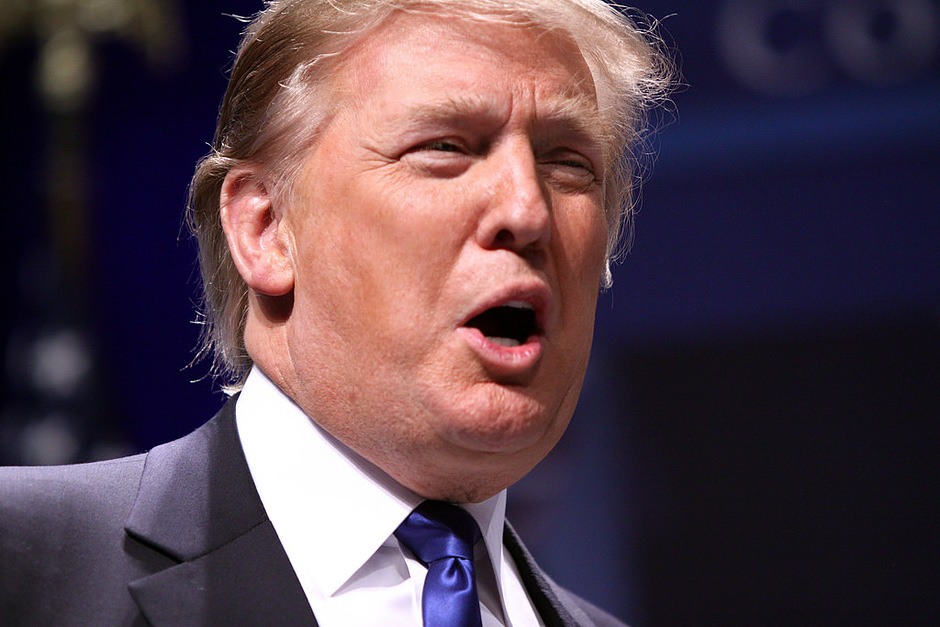Guilty of tax fraud: A postscript on media coverage

Although I’m neither surprised nor disappointed at the guilty verdict for tax fraud on the part of the Trump organization, I’ve been frustrated by the way the media have reported on this trial. Not having been in the courtroom, I’ve relied on the press to present the arguments in a coherent manner. Obviously, they got the verdict right; but to my mind, the explanation of the underlying issues has been deficient.
To start, we should clearly separate the case against Weisselberg, the Trump organization's CFO, versus the case against the companies, themselves. (Two Trump-owned companies were named in the suit.) The first case appears to have been straightforward. Weisselberg received considerable value in company-supplied perks that he hadn’t declared as income, and thus he underpaid taxes. Weisselberg pleaded guilty, presumably admitting to the charges. Critically, this scheme was no trivial effort, as it involved $1.76 million of unreported income over a 15-year period.
Turning to the case against the Trump organization, as the story was largely reported, criminal liability rested on proving that the company — not the employees — benefited by a scheme to pay in the form of perks as opposed to cash. Despite this orientation, one of the more damning pieces of evidence was a memo signed by Donald Trump, confirming the fact that salaries were being reduced as a direct consequence of perks being provided. To my mind, this evidence blurs the line between the two indictments. It suggests that the organization may have abetted Weisselberg’s criminality; but, in isolation, it’s not clear that that action was necessarily illegal for the organization. Was this evidence even relevant to the case against the organization?
Here’s my problem: The tax rules allow for some perks to be offered to employees, where those perks are excluded from taxable income to the taxpayer, legally. Among such non-taxable perks are (within limits), health insurance, allowances for commuting expenses, flexible spending accounts, group term life insurance, qualified employee discounts, employer-provided educational assistance, and employer-provided child and dependent care benefits. It should be self-evident that any business that could substitute a perk that was non-taxable to employees for otherwise taxable benefits (i.e., cash) would benefit by making that substitution. Put another way, substituting perks for cash would likely allow the company to save on overall compensation expenses. Concurrence with this conclusion appears to have been a prerequisite for the guilty verdict.
From my perspective, it seems reasonable and appropriate for any company to structure its compensation package in whatever way it can to minimize overall compensation expenses. Doing so shouldn’t be a crime; but, as already stated, the way the press generally covered the story, whether the substitution of perks for cash benefited the organization seems to have been critical to the trial’s outcome.
To me, that’s the wrong question. The trial should have concentrated on whether the organization took any action that illegally misrepresented taxable income thereby resulting in a lower calculated tax liability. The focus should have been on two questions: (1) did the Trump organization exceed any legal limits for how much compensation may be provided in perks as opposed to cash or (2) did the company take any action that inappropriately (illegally) minimized its tax liability? Both questions seem to be straightforward and readily discernable.
In the normal course of events, whether a company compensates in cash or with perks, that compensation requires making expenditures. The tax laws make a distinction, however, with regard to employee compensation expenditures subject to payroll tax liabilities, versus other expenses not subject to payroll taxes. Thus, by shifting expenses from those subject to these payroll taxes to those that were not, the company would unambiguously reap a savings.
Is this what happened? If so, that statement should have been articulated clearly. We get a hint that this was the case in the prosecutor’s closing statement, which made reference to the Trump organization’s under-reporting or misreporting employee compensation expenditures, presumably intending to avoid the required payroll taxes. Perhaps this connection was spelled out for the jury, but it certainly didn’t come across as the focus of the attention for the press. Rather than clarifying for the public’s edification exactly how the Trump organization managed to subvert the tax laws, the media has left us with the generalized characterization that the Trump organization was guilty of operating in its own interests, and somehow that’s become illegal.
This story has been told badly.
Author
_XtraSmall.jpg)
Ira Kawaller
Derivatives Litigation Services, LLC
Ira Kawaller is the principal and founder of Derivatives Litigation Services.

















